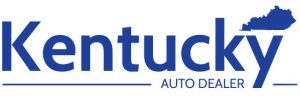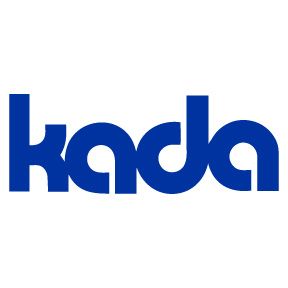The warranty reimbursement space has recently been a hot topic among dealers and OEMs. As you may have seen, the Alliance for Automotive Innovation (the Alliance) sent a controversial letter to the U.S. Department of Justice’s Anticompetitive Regulations Task Force to evaluate whether state franchise laws restrict competition and harm consumers.
While purporting to support the franchise model, the Alliance argued not only that franchise protections must “be measured against whether they unreasonably impede [OEMs’] ability to compete” but also that recent trends in warranty reimbursement legislation create a “costly overreach” that harms consumers.
Of course, the Alliance overlooks the critical nature of dealers in performing warranty and recall repairs. The number of active recalls has been on the rise for years, and dealers are the boots on the ground that perform recall and warranty repair work that is critical to keep consumers safely on the road. Without dealers available to perform these repairs, transportation — and by extension our economy — could easily grind to a halt.
Accordingly, we cannot afford to have a system wherein dealers are disincentivized from performing warranty and recall repairs. When dealers are not paid retail rates for warranty and recall work, they lose money on those repairs. Auto technician time is extraordinarily valuable in a service department, and good technicians are increasingly hard to come by. For a service department to be profitable, the limited hours of available tech time should be dedicated to the repairs that bring maximum value.
Economic realities, including tariffs and inflation, have put tremendous financial pressure on OEMs. OEMs are, in turn, putting pressure on dealers through attempts to reduce their costs, including those related to warranty reimbursement. OEMs have attempted to reduce their warranty reimbursement obligations by providing parts to dealers at no charge. While seemingly innocuous, this practice often results in financial challenges for dealers, who receive minimal handling allowances instead of retail markup. Other OEMs have begun strict and discerning audits of dealer warranty repair claims, charging back dealer accounts on questionable bases.
Forty-nine states — including Kentucky — have franchise protections for dealers that protect against OEM mandates and ensure fair reimbursement rates for dealers. The Alliance’s letter to the DOJ highlights the tension between OEMs’ desire to minimize reimbursement rates and dealers’ interest in obtaining fair compensation for parts and repairs. The letter also makes clear OEMs’ apparent intent to fight against legislation that is favorable to dealers. KADA will continue to advocate in Frankfort for unambiguous legislation that ensures dealers will not suffer financial losses by performing the warranty and recall repairs that keep millions of Americans safely on the road. But we will need the support of our members like you to make these efforts a success.








